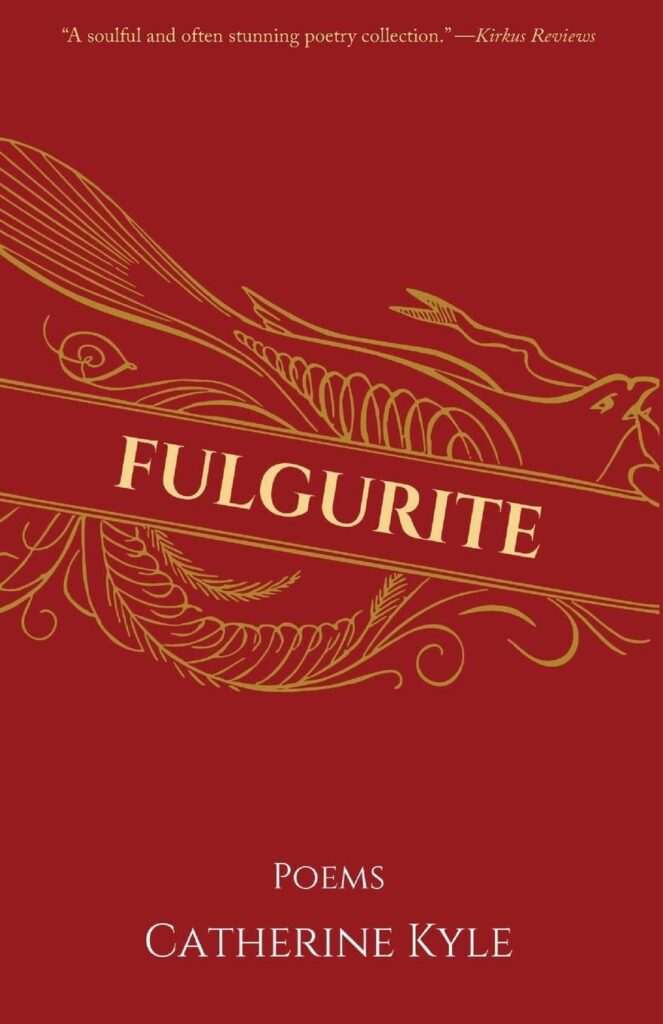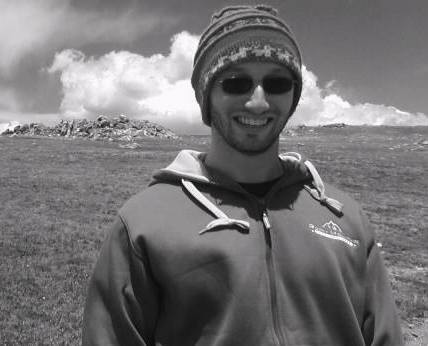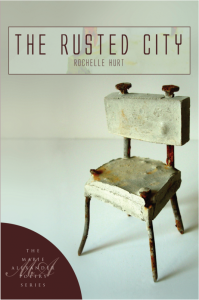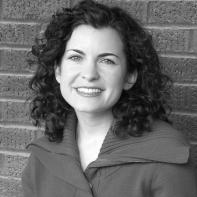Congratulations to SR Contributor Catherine Broadwall, who recently published the poetry collection Fulgurite through Cornerstone Press. The book’s title takes its name from the crystalline structures that can form underground when lightning strikes sand or soil. It is used as an extended metaphor for jolting events—global and personal—that leave traces in their wake. Poems center on fairy tales, gender, coming of age, and the natural world. Many work in the tradition of domestic fabulism, blending the real with the fantastical. The cover was designed by Julia Kaufman.


The book has received generous praise:
“These ethereal poems exist within the mysterious, magical realm of fairytale. Fluid and porous, they have a witchy, spellbound nature. These pieces float.” — Allison Titus, author of High Lonesome
“Here is a poet who understands metaphor as deep transformation, whose lines strike like lightning and fuse to startle us into truth at once spiritual and politically vital.” — Chen Chen, author of When I Grow Up I Want to Be a List of Further Possibilities
“We are fortunate to have Kyle’s many-faceted constructions in the world.” —Jennifer Militello, author of The Pact
“Fulgurite walks beside us, a ‘star-specked’ companion, into the radiant thicket. Beware, be there, be where the lightning touches.” —Emily Corwin, author of Sensorium
“Through masterfully painted imagery, Kyle offers hope by showing that a woman can find her power in a world where ‘men prowl the streets with enormous polished guns.’” —Reverie Koniecki, author of to the god of sore feet and bad backs
“A soulful and often stunning poetry collection.” —Kirkus Reviews
Catherine, formerly known as Catherine Kyle, married and changed her last name to Broadwall shortly after the book came out. Broadwall is a name created in collaboration with her husband and their families. She published Fulgurite under the name Catherine Kyle because it reflects that past chapter of her life. She sees it as one way to honor that time.
In addition to Fulgurite, Catherine is the author of Shelter in Place (Spuyten Duyvil, 2019), which received an honorable mention for the 2019 Idaho Book of the Year Award. Her writing has appeared in Bellingham Review, Colorado Review, Mid-American Review, and other journals. She was the winner of the 2019-2020 COG Poetry Award and a finalist for the 2021 Mississippi Review Prize in poetry. She is an assistant professor at DigiPen Institute of Technology, where she teaches creative writing and literature.
View Catherine Kyle’s Abandoned Mall in issue 31 of Superstition Review.
To listen to a playlist of songs that helped inspire and share themes with the book, click here. To purchase Fulgurite, click here. To learn more about Broadwall, visit her website here.



